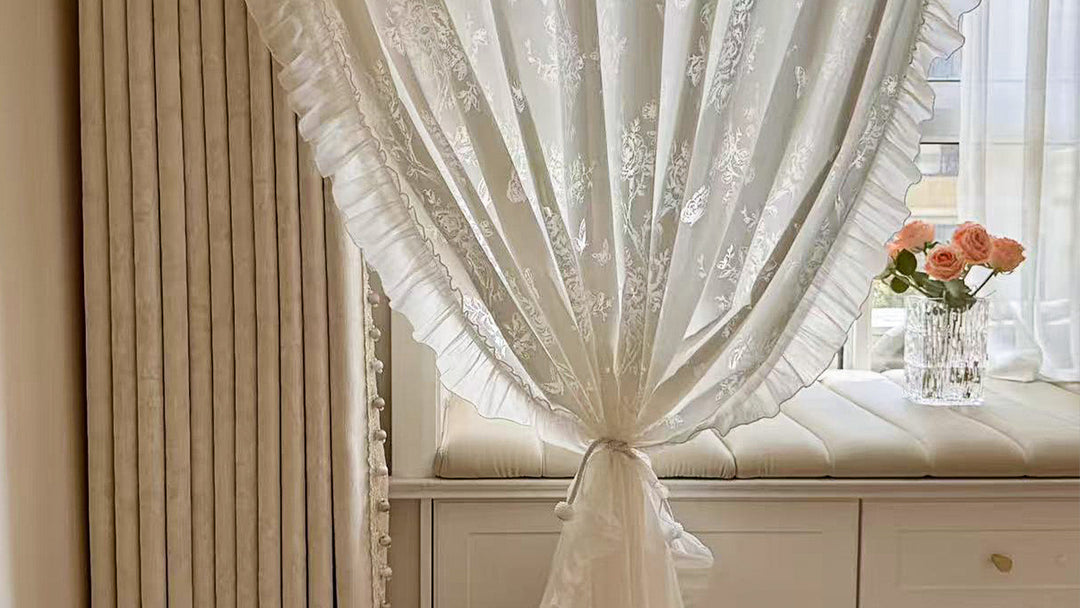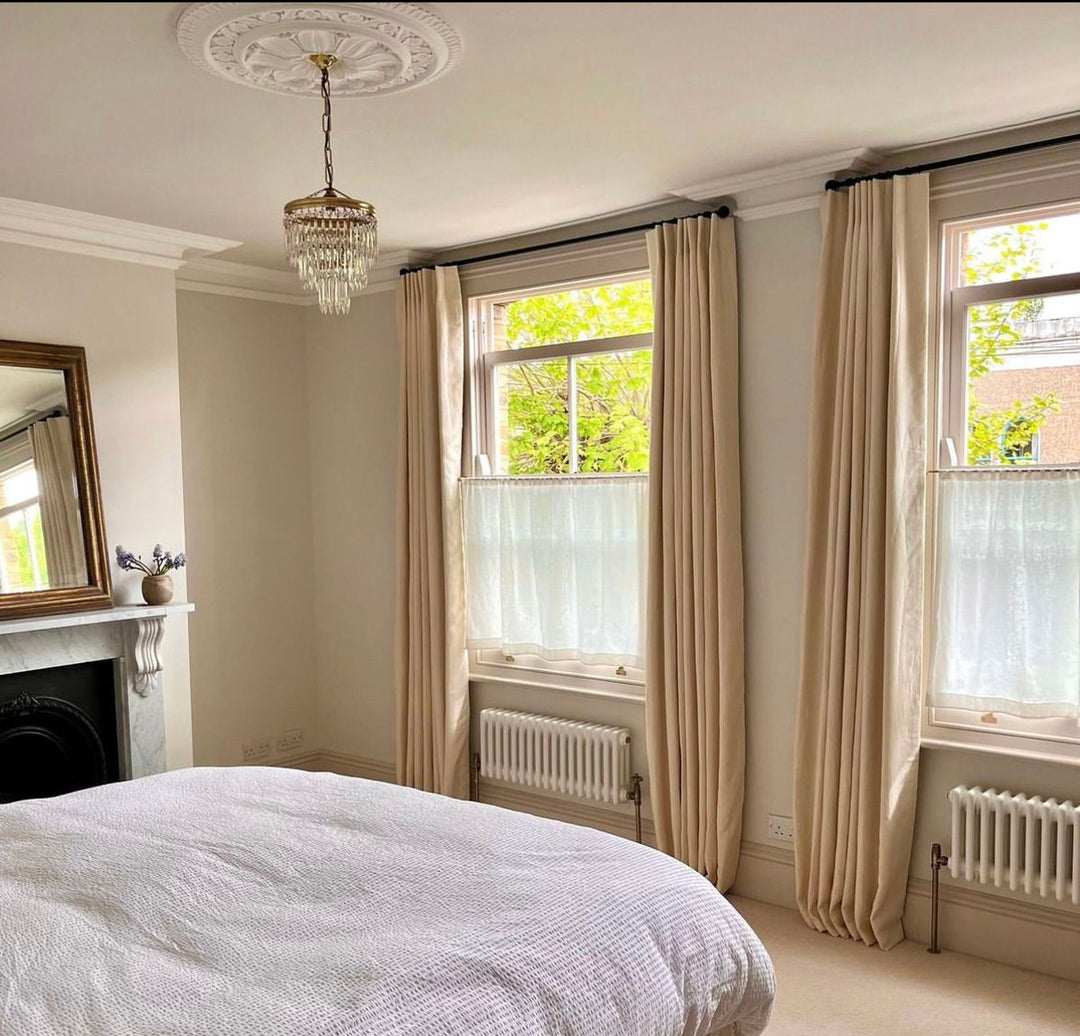Outline for Long-form Article on "Light Filtering Shades"
| Headings & Subheadings | Details |
|---|---|
| Introduction | Importance of light filtering shades in home decor |
| Light Filtering Shades | Definition, purpose, and overview |
| How Light Filtering Shades Work | Fabric, weave, opacity levels |
| Benefits of Light Filtering Shades | Natural light, privacy, energy savings |
| Types of Light Filtering Shades | Roller, Roman, cellular, solar, layered |
| Light Filtering Shades vs. Blackout Shades | Key differences and best uses |
| Ideal Rooms for Light Filtering Shades | Living rooms, kitchens, bathrooms, etc. |
| Best Materials for Light Filtering Shades | Polyester, linen, blends, natural fibers |
| Color and Style Options | Matching with decor and ambiance |
| Combining Light Filtering Shades with Curtains | Layered window treatment ideas |
| Motorized and Smart Light Filtering Shades | Modern convenience and tech integration |
| Light Filtering Shades for Day and Night Use | How they adapt throughout the day |
| Installing Light Filtering Shades | Inside vs. outside mount tips |
| Maintenance and Cleaning Tips | Keeping shades fresh and functional |
| Custom vs. Ready-Made Light Filtering Shades | Pros and cons of each option |
| Budget-Friendly Shade Solutions | Affordable ideas for all rooms |
| Eco-Friendly Light Filtering Shade Options | Sustainable materials and production |
| Light Filtering Shades for Small Spaces | Maximizing light and making rooms feel larger |
| Stylish Light Filtering Shades for Office Spaces | Balancing brightness and productivity |
| Common Mistakes to Avoid | Installation and selection pitfalls |
| Choosing the Right Opacity for Your Needs | From semi-sheer to semi-opaque |
| Brands That Offer Quality Light Filtering Shades | Best manufacturers and stores |
| Light Filtering Shades for Large or Bay Windows | Special sizing and style considerations |
| Frequently Asked Questions About Light Filtering Shades | Common user concerns answered |
| Final Thoughts on Light Filtering Shades | Summary and best practices |
Light Filtering Shades
Light filtering shades have revolutionized window treatments by allowing soft, natural sunlight into your space while preserving privacy and style. Unlike blackout or sheer options, they offer a balanced solution—brightening your room without the harsh glare. Whether you're updating a cozy home office or refreshing a sunlit kitchen, light filtering shades provide the perfect mix of function and fashion.
How Light Filtering Shades Work
The magic of light filtering shades lies in their fabric and design. These shades are typically made from woven or non-woven materials with just the right density to:
-
Diffuse sunlight to reduce glare
-
Allow ambient light to enter the room
-
Obscure direct outside view for privacy
They act like sunglasses for your windows—softening incoming light while still connecting you with the outside world.
Benefits of Light Filtering Shades
Why choose light filtering shades over other options?
-
Enhanced Natural Light: Enjoy bright, welcoming spaces all day.
-
Glare Reduction: Perfect for screens and work areas.
-
Increased Privacy: People outside can't clearly see in, even during daylight.
-
Energy Efficiency: Help regulate indoor temperatures by blocking UV rays.
-
Stylish Options: Available in colors, textures, and patterns to complement your decor.
They transform everyday rooms into well-lit, serene spaces.
Types of Light Filtering Shades
Here are popular types that combine functionality with style:
-
Roller Shades: Simple and sleek, they roll neatly at the top.
-
Roman Shades: Soft folds for a classic look.
-
Cellular (Honeycomb) Shades: Air pockets for insulation and soft filtering.
-
Solar Shades: Perfect for intense sunlight, especially in sunrooms.
-
Layered Shades: Alternating fabric bands for adjustable light and privacy.
Each type caters to different aesthetic tastes and functional needs.
Light Filtering Shades vs. Blackout Shades
Here’s a quick comparison:
| Feature | Light Filtering Shades | Blackout Shades |
|---|---|---|
| Light Control | Softens natural light | Blocks 100% of light |
| Privacy | Moderate (daytime) | Complete |
| Best Use | Living rooms, kitchens | Bedrooms, media rooms |
| Fabric Thickness | Semi-sheer to semi-opaque | Thick, lined materials |
| Ambience | Airy and bright | Dark and restful |
Use them alone or layer for versatility.
Ideal Rooms for Light Filtering Shades
These shades work especially well in:
-
Living Rooms: Keeps the space bright and comfortable
-
Kitchens: Maintains privacy while letting in daylight
-
Bathrooms: Use moisture-resistant fabric for safety
-
Home Offices: Prevents screen glare while encouraging focus
-
Hallways and Entryways: Softens lighting transitions
They’re not recommended for total light blockage—stick to blackout options for bedrooms.
Best Materials for Light Filtering Shades
Durability, texture, and filtering capacity depend on the fabric. Look for:
-
Polyester: Easy to clean and wrinkle-resistant
-
Linen Blends: Textured, natural feel
-
Cotton: Breathable and classic
-
Recycled Materials: For eco-conscious homes
Choose materials that suit your environment and lifestyle.
Color and Style Options

Shades should complement—not clash with—your interiors. Popular choices include:
-
Soft Neutrals: Cream, gray, beige for a calm vibe
-
Warm Tones: Terracotta, sand, blush for cozy warmth
-
Cool Colors: Sage, sky blue, slate for a serene tone
-
Patterns or Weaves: Chevron, lattice, or textured finishes for interest
Lighter shades brighten; darker tones add drama.
Combining Light Filtering Shades with Curtains
Layering offers extra insulation and elegance:
-
Pair with blackout curtains for dual-function rooms
-
Add sheer drapes for enhanced softness
-
Use valances or cornices to conceal hardware
It’s a polished, professional look that also boosts functionality.
Motorized and Smart Light Filtering Shades
Modern homes demand modern convenience:
-
App-controlled and voice-activated systems
-
Integrate with smart homes like Alexa, Google Home
-
Schedule open/close times for energy savings
-
Great for hard-to-reach windows
Perfect for tech-savvy and minimalist lifestyles.
Light Filtering Shades for Day and Night Use
These shades adapt beautifully:
-
Day: Let in ample light without compromising privacy
-
Night: When backlit, they may offer limited privacy unless layered
Consider pairing with privacy liners or curtains for complete nighttime coverage.
Installing Light Filtering Shades
Two mounting options:
-
Inside Mount: Sleek, clean lines—great for modern homes
-
Outside Mount: Makes windows appear larger and covers imperfections
Always measure carefully—width and height matter for aesthetics and functionality.
Maintenance and Cleaning Tips
Keep your shades looking like new:
-
Dust regularly with a soft brush or vacuum attachment
-
Spot clean with mild soap and water
-
Avoid harsh chemicals that can break down fabric fibers
-
Check manufacturer care guidelines before washing
Routine maintenance extends lifespan and maintains appearance.
Custom vs. Ready-Made Light Filtering Shades
What’s best for you?
| Feature | Custom Shades | Ready-Made Shades |
|---|---|---|
| Fit | Precise for your windows | Standard sizes only |
| Style Options | Endless fabrics and colors | Limited but budget-friendly |
| Cost | Higher upfront | More affordable |
| Delivery Time | Longer (made to order) | Faster shipping |
Go custom for unique spaces or premium finishes.
Budget-Friendly Shade Solutions
You don’t have to overspend:
-
Shop sales at big-box retailers
-
Explore DIY kits for simple installations
-
Buy in bulk for multiple windows
-
Use no-drill mounting options for renters
Quality light filtering shades can fit every budget.
Eco-Friendly Light Filtering Shade Options
Look for:
-
Recycled polyester or PET materials
-
OEKO-TEX or GOTS certified fabrics
-
Natural bamboo or jute shades
-
Local or small-batch producers for low-carbon options
Stylish, sustainable living starts with small choices like your window treatments.
Light Filtering Shades for Small Spaces
Shades can make tiny rooms feel airy and open:
-
Opt for light colors to reflect natural light
-
Use inside mounts for a minimalist footprint
-
Avoid heavy fabrics that crowd the space
-
Choose textures over prints for subtle elegance
Perfect for apartments, nooks, and city studios.
Stylish Light Filtering Shades for Office Spaces
Create an inspiring, productive atmosphere:
-
Neutral tones with subtle textures maintain professionalism
-
Solar fabric options reduce screen glare
-
Motorized shades add tech-savvy appeal
-
Pair with task lighting for an adjustable setup
Workspaces deserve just as much design attention as living areas.
Common Mistakes to Avoid
Don’t let these mishaps ruin your shade game:
-
Wrong measurements—always double-check width and height
-
Mismatched decor—consider room style before picking fabric
-
Overlooking privacy at night—layer if needed
-
Choosing overly dark colors—they can darken rooms excessively
Planning ahead ensures a smooth, stylish experience.
Choosing the Right Opacity for Your Needs
Light filtering shades come in:
-
Semi-sheer: Lots of light, minimal privacy
-
Light filtering: Balanced light and moderate privacy
-
Semi-opaque: More coverage, soft glow
-
Room darkening: Not total blackout but reduces most light
Consider your room’s function and sunlight direction.
Brands That Offer Quality Light Filtering Shades

Top picks include:
-
Levolor – Trusted, customizable, durable
-
Hunter Douglas – High-end, smart system compatible
-
Lutron – Luxury motorized options
-
IKEA – Affordable, clean aesthetics
-
SelectBlinds – Great for DIY shoppers
Always check warranties, fabric quality, and install ease.
Light Filtering Shades for Large or Bay Windows
Larger windows need special consideration:
-
Use continuous cord loop systems for easy control
-
Install multiple panels for a segmented, sleek look
-
Opt for coordinated patterns for bay windows
-
Ensure strong mounting to handle the weight
Professional installation may be worth the investment.
FAQs
What are light filtering shades?
They’re window treatments that soften incoming sunlight while offering privacy.
Do light filtering shades offer privacy at night?
Not completely. They’re more effective during the day; layer them with curtains for evening privacy.
Can I use light filtering shades in bathrooms?
Yes, but choose moisture-resistant materials to avoid mold or damage.
Are light filtering shades energy efficient?
Yes, especially cellular styles—they block UV rays and help regulate temperature.
How do I clean light filtering shades?
Dust regularly and spot clean with mild detergent and a damp cloth.
Do light filtering shades block UV rays?
Yes, they help protect furniture and floors from fading caused by UV exposure.
Final Thoughts on Light Filtering Shades
Light filtering shades are more than just window coverings—they’re a smart, stylish, and versatile solution for modern living. Whether you're upgrading your entire home or focusing on a single room, these shades bring brightness, comfort, and elegance. Choose wisely, pair thoughtfully, and enjoy the perfect balance of privacy and light all year round.
Suggested Inbound Links:
-
“How to Layer Curtains with Shades”
-
“Best Smart Home Window Treatments”
Suggested Outbound Links:








